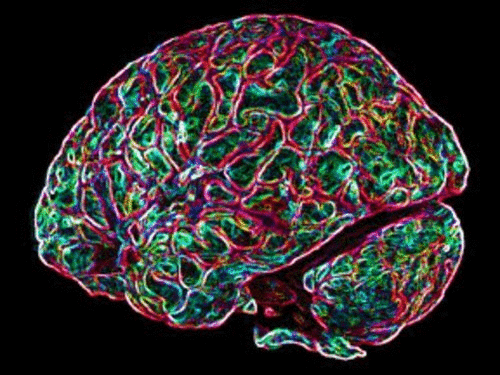Profit possible in science of decision
 Experts will discuss the economic goldmine that is the brain, at a talk in Sydney this week.
Experts will discuss the economic goldmine that is the brain, at a talk in Sydney this week.
Professor Paul Glimcher from New York University is at the forefront of neurobiology and economics of human decision-making, and will be presenting groundbreaking research at a special event on Friday.
Whether choosing a dinner, a spouse or an investment, experts can tell in which part of the brain our likes and dislikes are encoded, how we represent alternatives, and even how we choose.
“For centuries economists have had to try to understand and predict what we will choose, whether in the domain of consumer goods or financial assets by treating the brain as a black box,” said Professor Glimcher.
“In the last two decades that has begun to change quite dramatically. We now understand the basic architecture of the brain and how it actually makes choices. This allows us to begin to open the black box and many people believe that as a result of that new ability this will be the beginning of a new era in economics."
One exciting breakthrough is a new understanding of what is often called the ‘curse of choice’.
“We have known for a decade or so that people have trouble making efficient choices when they face more than just a few options,” said Professor Glimcher.
“Trying to choose the best option from a set of 12 different cars, or breakfast cereals, is notoriously difficult.”
“But it looks like we now understand exactly what feature of the brain causes errors in these situations and we can even - knowing how that feature works mechanically - prescribe different ways to choose that play to the strengths, rather than the weaknesses, of our brain architecture.”
Another benefit is an understanding of how our brains change with age.
Professor Glimcher says it appears that Australia is getting onboard early.
“Last year the University of Sydney hired its first neuroeconomist, Dr Agnieszka Tymula, and Melbourne is just now following suit... so this exciting area is looking to become particularly vibrant in Sydney and in Australia as this hiring trend continues,” he said.







 Print
Print